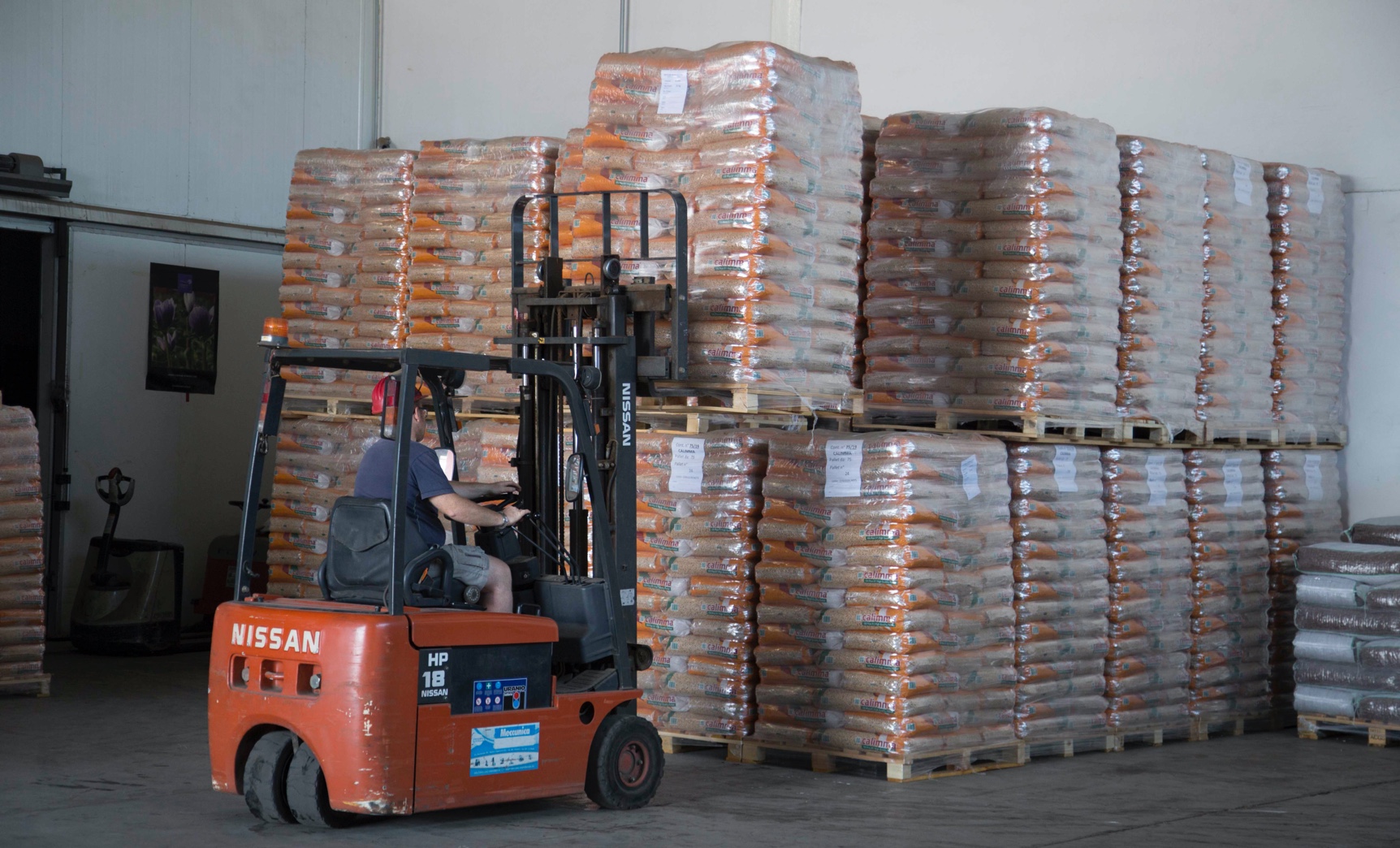Biomass regulatory framework
According to the European Directive of the European Parliament and of the Council of June 23, 2016, which refers to the previous 2009/28/EC concerning the promotion of the use of energy from renewable sources, a biomass is defined as “the biodegradable fraction of products, wastes and residues of biological origin from agriculture (including plant and animal substances), forestry and related industries, including fisheries and aquaculture, as well as the biodegradable part of industrial and urban waste.” The same European Directive calls for the full exploitation of biomass’ potential, as well as the examination of sustainability system’s requirements for its energy uses. In short, biomass must be exploited bearing in mind the need for sustainable management of the latter in order to minimize environmental impact.

Energy production
According to the European Directive 2009/28/EC, biomass also includes agricultural processing residues and waste from the agro-food industry such as wood pellets, hazelnut, almond, walnut, fruit stones and virgin olive stones. These fuels can easily be defined as bio fuels since they represent a real green alternative to traditional fuels such as coal, oil and gas. Although they are labeled as “residues” and “waste”, they are able to provide an important contribution to the generation of thermal energy and electricity and have the advantage of being less harmful to the environment than non-renewable energy sources.
Discover where you
can find us
Biom Energy Product retailers offer biomass capable quality and safety to thousands of families. Find the nearest store next to you.

ARE YOU
A DEALER?
Thanks to a solid network you can count on professionalism and convenience. As a Biom Energy Product reseller you will have the opportunity to take advantage of the best certified biomass at convenient prices. Become our partner!



